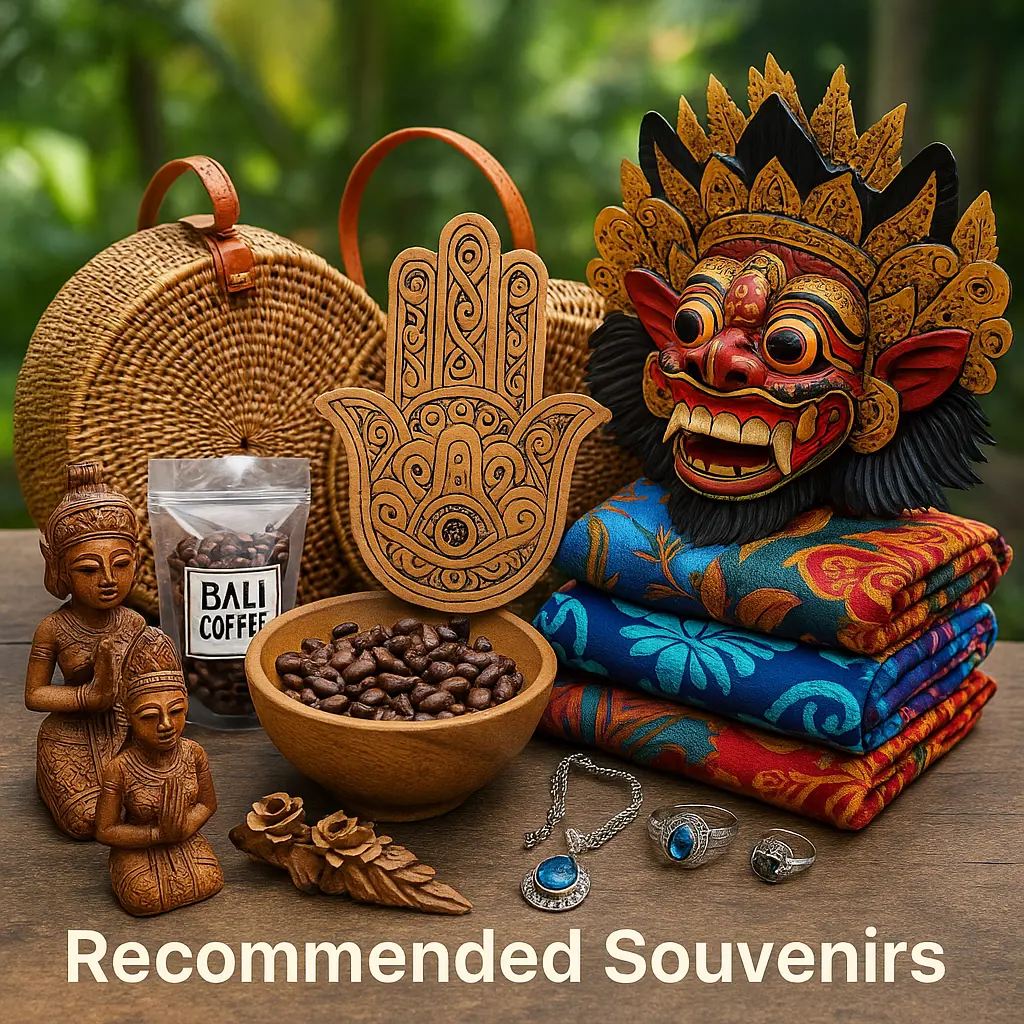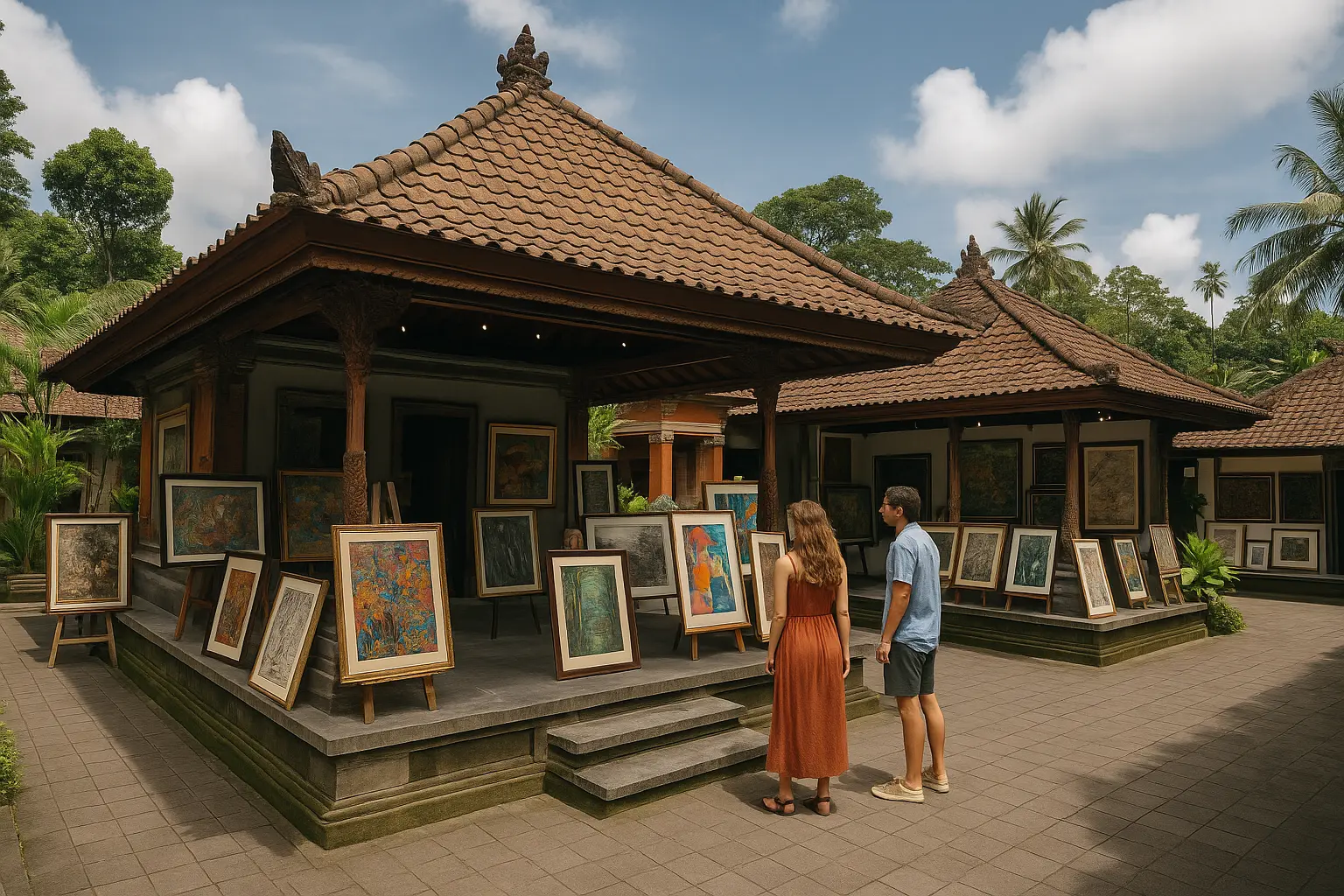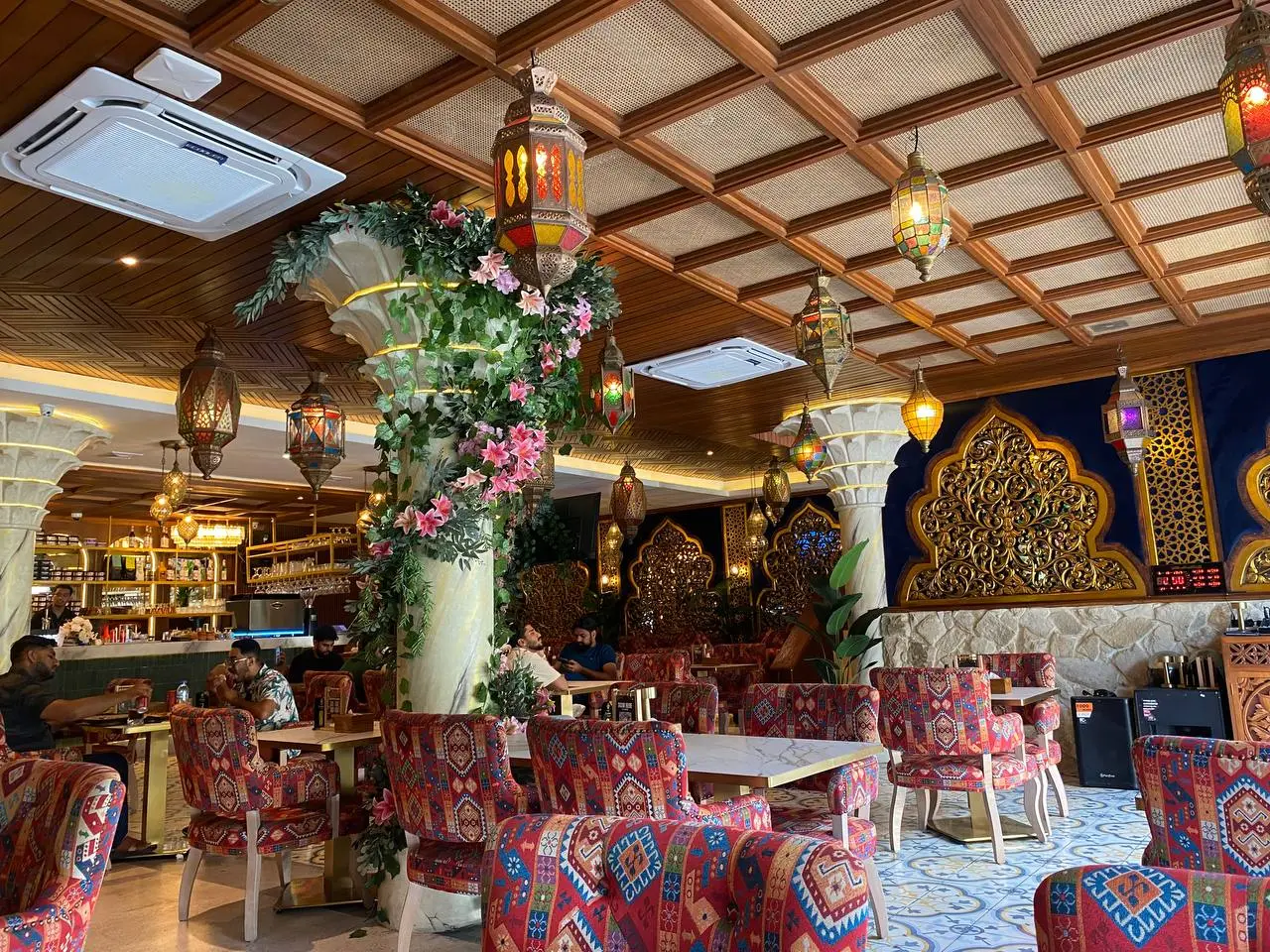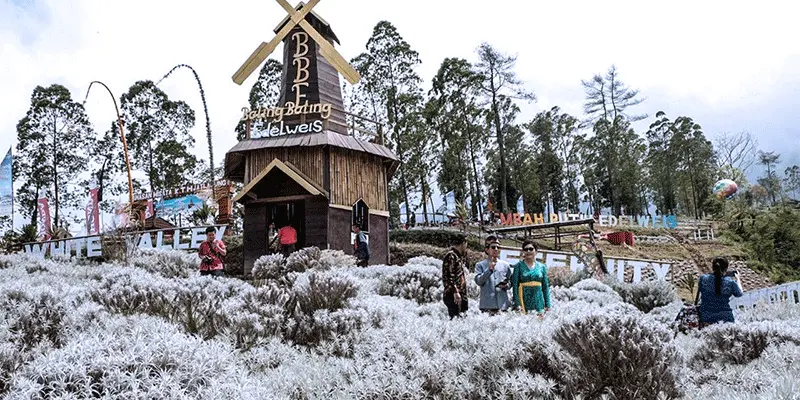Tired of the same touristy selfies and crowds? Ubud offers a breath of fresh air literally. This lush central region of Bali isn’t just the island’s cultural heart; it’s also a haven for eco-travelers and conscious adventurers. Whether you’re chasing green rice fields, paddling through river rapids, or learning centuries-old crafts, Ubud proves that sustainability and soul-refreshing experiences can go hand in hand. Here are 7 eco-adventures in Ubud that will reconnect you with nature, local wisdom, and your adventurous side all while leaving a lighter footprint on the planet.
1. Tegalalang Rice Terrace Trek

The Tegalalang Rice Terrace is what postcard dreams are made of terraced rice fields that cascade down the hills like green velvet. But instead of just snapping a photo from the top, lace up your shoes and go for a trek through the actual paddies.
You’ll pass by farmers working the land, hear the soft sound of flowing subak irrigation, and maybe even spot ducks waddling along the paths. It’s a peaceful, grounding experience—and walking means no emissions, just admiration.
Eco Tip: Support local farmers by donating at trail checkpoints or buying coconut water from nearby stalls.
2. Ayung River Rafting

Ready to swap yoga mats for life vests? The Ayung River offers a thrilling rafting experience through Class II-III rapids, suitable for beginners and families. You’ll paddle through lush jungle canopies, hidden waterfalls, and pass stone carvings etched into river cliffs a bonus history lesson with your workout.
Local rafting companies often adopt eco-friendly practices like biodegradable equipment and guides who double as conservation educators.
Eco Tip: Choose operators that emphasize sustainability and include local community involvement in their operations.
3. Electric Bicycle Tour Through Ubud’s Villages

Skip the scooter fumes and take the green route with an electric bicycle tour. These quiet, battery-powered bikes let you cover more ground without exhausting yourself or polluting the air. Cruise through sleepy villages, rice fields, temple courtyards, and hidden trails at your own pace.
Some tours even stop by family-owned warungs or organic farms for lunch, giving you a taste of local life.
Eco Tip: Bring a reusable water bottle and avoid plastic-wrapped snacks most tours will refill your bottle for free.
4. Sacred Monkey Forest Sanctuary
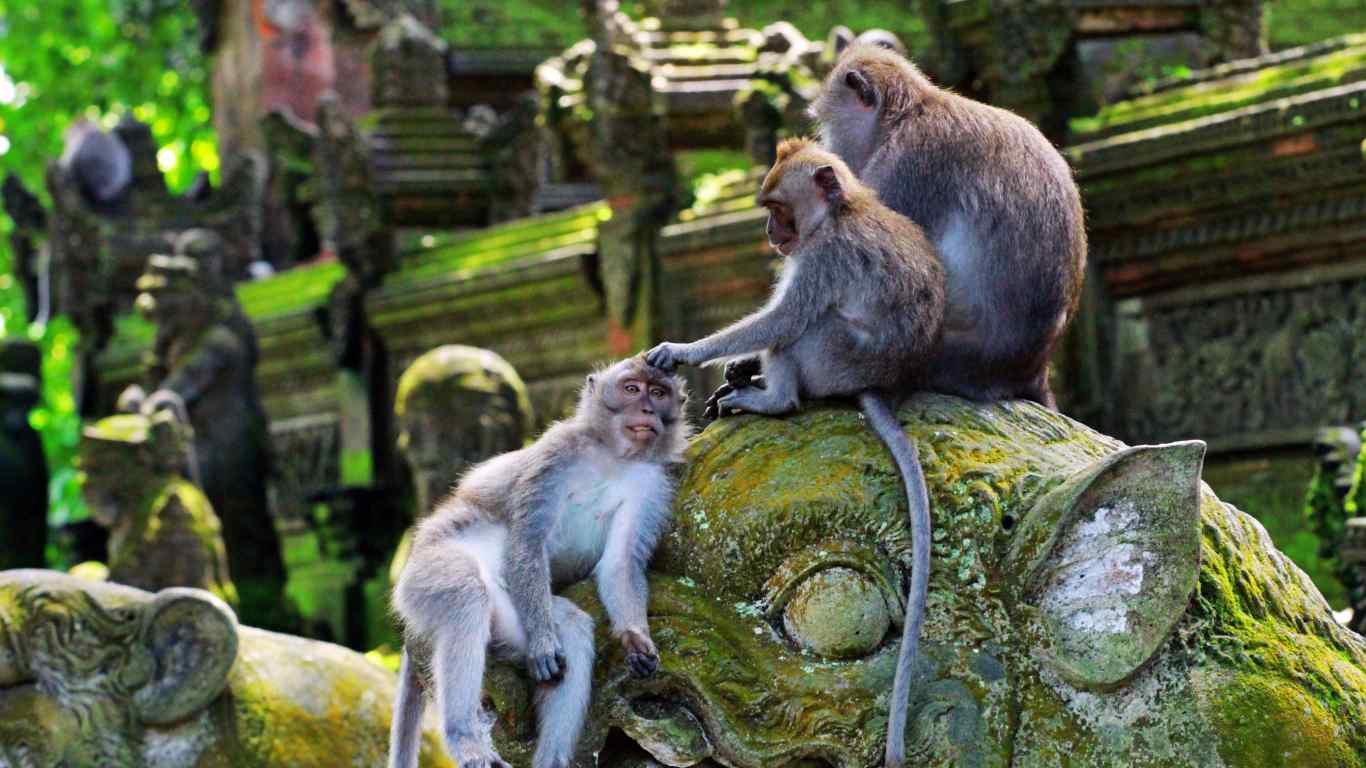
The Sacred Monkey Forest is more than just macaques and mayhem. It’s an actual conservation sanctuary that blends ancient temples, giant banyan trees, and forest trails in the heart of Ubud. Over 1,200 long-tailed macaques roam free, but so do dozens of plant and tree species some considered sacred in Balinese Hinduism.
Entry fees go toward research, forest maintenance, and animal welfare, making your visit both fun and impactful.
Eco Tip: Don’t feed the monkeys or bring food in plastic bags. Respect their space they’re wild animals, not performers.
5. Tegenungan Waterfall

Just a short ride from Ubud, Tegenungan Waterfall is an easy-access wonder where the river cascades dramatically down a rocky cliff. A staircase (and a bit of cardio) leads to the base where you can swim, take photos, or just sit and listen to the roar of the falls.
Though it’s become more developed, local authorities are working on managing plastic waste and controlling over-tourism.
Eco Tip: Visit early to avoid crowds and pack out whatever you pack in especially your snack wrappers.
6. Goa Gajah (Elephant Cave) Temple

Dating back to the 9th century, Goa Gajah is not just a temple it’s a time machine carved into stone. Walk through the eerie, elephant-faced cave entrance, explore bathing pools and meditation spaces, and reflect on Bali’s spiritual heritage.
The surrounding grounds include jungle paths, sacred trees, and trickling streams that make the experience quietly moving.
Eco Tip: Wear a sarong (provided if needed), avoid loud conversations, and honor temple etiquette. Spiritual tourism = respectful tourism.
7. Bamboo Crafting Workshops

Ubud isn’t just about seeing things it’s about making them too. Bamboo, one of the most sustainable materials on Earth, is widely used in Balinese construction and art. Join a bamboo crafting workshop where you can learn how to weave, build, or sculpt using techniques passed down through generations.
Many workshops are held in bamboo-built studios surrounded by nature, offering both education and calm.
Eco Tip: Choose programs run by locals or social enterprises that invest back into the community.
Final Thoughts: Travel with Heart, Not Just Footsteps
Ubud is proof that your next adventure doesn’t have to cost the Earth. These eco-tours and activities invite you to slow down, dig deeper, and give back while you explore. Whether you’re trekking through terraces or crafting bamboo baskets, you’ll come home with more than just souvenirs you’ll bring back stories that matter. So pack your sense of wonder, ditch the single-use plastic, and let Ubud renew your soul one eco adventure at a time.
Also read our article about Discover Arabian Knight Ubud: A Taste of the Middle East in Bali



